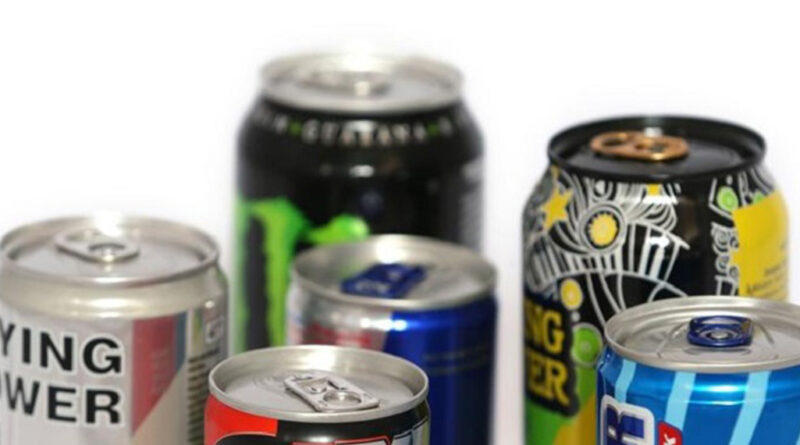Côte d’Ivoire: Who really benefits from the ban on alcoholic energy drinks?

The recent ban on the import and sale of alcoholic energy drinks in Côte d’Ivoire has ignited significant controversy.
While public health concerns were initially cited as the primary reason for the prohibition, emerging evidence suggests that the true motivations may be economically driven, potentially benefiting certain high-ranking officials at the expense of fair competition.
The ban, which was enacted with claims of addressing health risks associated with these beverages, appears to be more than a mere regulatory measure.
Analysis indicates that the move may be strategically designed to disadvantage specific products that had gained substantial market presence.
The most affected product seems to be a popular alcoholic energy drink, which has been the target of a deliberate campaign of misinformation to justify its removal from the market.
This targeted approach has had collateral effects, impacting other alcoholic energy drinks that were less prominent but nonetheless affected by the ban.
The situation has led to allegations that some officials are colluding with unscrupulous operators to introduce new products into the now-uncontested market, raising questions about the integrity of the decision-making process.
If public health genuinely remains a top priority, the introduction of new beverages should also be subject to rigorous safety evaluations.
The authorities are urged to ensure transparency and fairness by extending the ban to include new products until their safety can be confirmed.
To restore public trust and maintain market integrity, the Ivorian government must act decisively and equitably.
Only through a transparent and balanced approach can the concerns of both the public and business stakeholders be addressed, ensuring a fair and competitive market environment.











